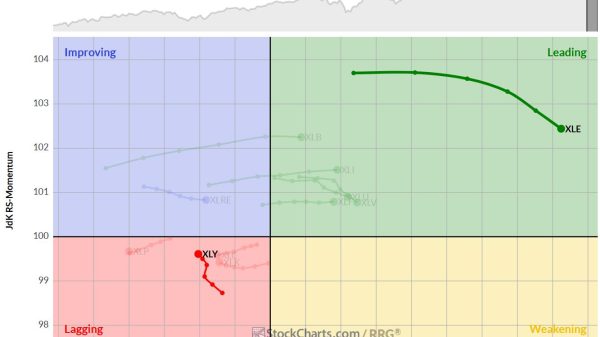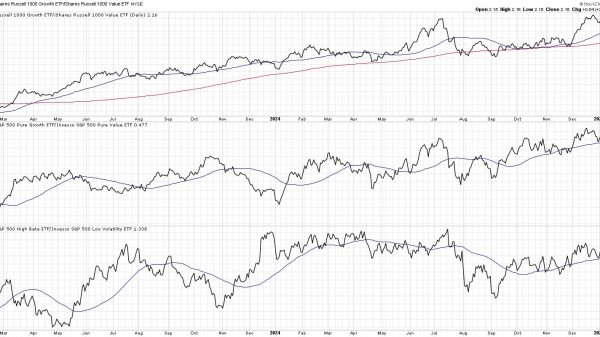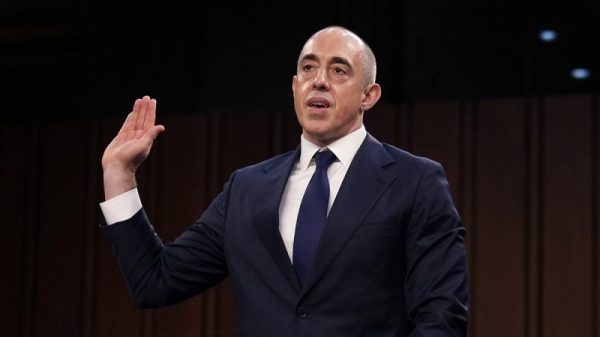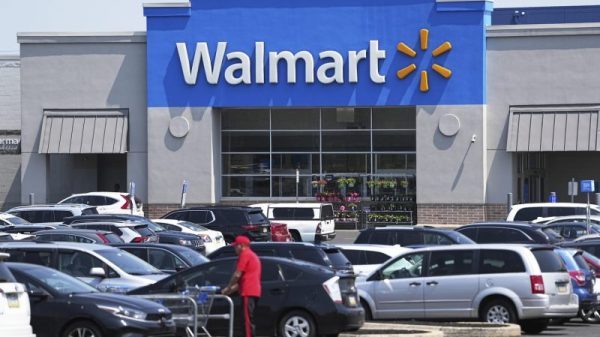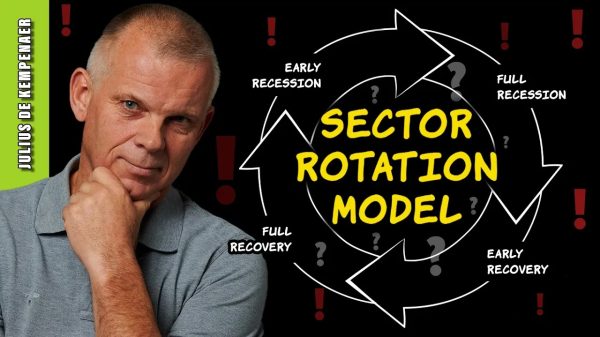On August 12, we submitted a public regulatory comment to the Consumer Financial Protection Bureau (CFPB) in opposition to a proposed rule that would ban medical bills from credit reports. While this rule aims to increase access to credit, it is likely to do the opposite. When potential lenders know that certain information is not being disclosed, they will be hesitant to lend to potential borrowers, cutting off access to credit. In short: while this rule will reduce the supply of credit, it will not decrease the demand for credit. Low-income Americans, the income group with the most medical debt, will turn toward black-market lenders to make up for the lack of credit available.
Analogous results can be seen with the CFPB’s regulations on payday lenders. In 2016, the CFPB proposed a rule under the Dodd-Frank Act that would regulate payday lenders in the name of consumer protection (although these lenders were already regulated by state law). Research from economists as well as the CFPB showed that existing state regulations on payday lenders limited low-income Americans’ access to credit, leading the CFPB to delay the rule’s implementation in 2019 and withdraw the rule in 2020. It did, however, issue a rule regulating “junk fees” that will likely result in low-income Americans losing access to credit. (Other reasons for opposing regulatory action against “junk fees” can be found here.)
Similar outcomes followed CFPB rulemaking on mortgage servicing. This rule took effect in January 2014 with the aim of protecting homeowners by requiring stricter reporting standards form “initial rate adjustment notices for adjustable-rate mortgages, periodic statements for residential mortgage loans, prompt crediting of mortgage payments, and responses to requests for payoff amounts.” It had a significant impact on community banks, which focus on providing traditional banking services to local communities. These banks are the primary source of banking for most rural areas, small towns, and urban neighborhoods. While a study from the Government Accountability Office (GAO) characterized the effect of the regulations as modest, the GAO admitted that data quality for assessing how banks offer loans to businesses needs improvement. The GAO did find that the population among community banks declined by 24 percent (due to mergers among community banks and decline in new bank formation rate) and, among the consolidated community banks that remained, lending increased – albeit at a slower rate due to regulatory compliance. Other research determined that merger-induced bank closures significantly decreased access to credit, especially in rural areas. In the end, compliance costs are always and everywhere a stealth barrier to competition, reducing options for consumers while garbed in moral rectitude and properness.
When these regulations inevitably yield unintended consequences, the CFPB cannot say they were not warned.
Read our full public comment to the CFPB Below:
August 12, 2024
Mr. Rohit Chopra Director, Consumer Financial Protection Bureau The Federal Reserve System VIA Electronic Submission through Regulations.gov
Re: RIN 3170-AA54 Prohibition on Creditors and Consumer Reporting Agencies Concerning Medical Information (Regulation V); Comments of the American Institute for Economic Research (AIER) in opposition of proposed regulation.
Dear Mr. Chopra,
The American Institute for Economic Research (AIER) submits this comment in opposition to proposed changes concerning medical information of Regulation V under the Fair Credit Reporting Act (FCRA). The proposed regulations would create a regulatory environment that would result in potential lenders hesitant to provide loans because of a known lack of information. This would decrease access to capital, particularly among low- and middle-income Americans.
The proposed regulation would prohibit all “medical debt information” including,
[I]nformation that pertains to a debt owed by a consumer to a person whose primary business is providing medical services, products, or devices, or to such person’s agent or assignee, for the provision of such medical services, products, or devices. Medical debt information includes but is not limited to medical bills that are not past due or that have been paid.1
Although the regulation aims to increase access to credit for those with medical debt, as proposed the regulation would have the opposite effect. The outcome of this regulation would be the generation of “information asymmetry,” where potential borrowers would have more information than potential lenders. Potential lenders would know of this information asymmetry and reasonably fear “adverse selection,” where borrowers could take advantage of undisclosed medical information to benefit from an exchange with potential lenders. This adverse selection would mean lenders may be hesitant to lend to some borrowers, impose higher interest rates, or leave the marketplace altogether. The more lenders leave the market, the more competition is reduced, raising borrowing costs and reducing the number and type of market participants – to the detriment of borrowers.
The effects of information asymmetry and adverse selection would have the harshest effects on low-income Americans. In 2021, the US Census Bureau found that 19.9 million households (15 percent of all American households) had medical debt.2 Of that 19.9 million, 2.9 million households (14.8 percent) had household income below the poverty threshold and 4.2 million (3.2 percent) households were enrolled in one or more social service program.3 With this knowledge, many lenders may assume that low-income Americans looking for a loan are likely to have undisclosed medical debt. This may mean increasing their borrowing rates to compensate for a lack of information, offering lowering borrowing rates if medical debt is disclosed voluntarily, or they may choose to stop lending to low-income Americans altogether. The demand for credit will persist regardless of its falling supply, which will cut off the already-limited access to credit that low-income Americans have. For those citizens the alternative may be illicit sources of income or black-market lending via organized crime to access credit.
Ultimately, the proposed cure may be worse than the disease. Of the households surveyed, 80.3 million (60.5 percent) had less than $1,000 of medical expenses, 109.6 million (82.6 percent) had no household members staying overnight in a hospital, and 96.8 million (73 percent) reported having no household member with poor or fair health. 4 Meanwhile, 45 million households (34 percent) had a household net worth of under $50,000. While eliminating medical debt from credit reports may help a relatively small portion of households that have medical debt, the damage done by potentially limiting access to credit through these regulations and reducing competition in credit markets would do far greater damage to Americans hoping to access credit.
Given the available data as discussed in this comment, the Bureau’s proposed regulation regarding medical debt is not a necessary, and proper, interpretation of FCRA, and AIER recommends its rejection.
Sincerely,
Thomas SavidgeResearch Fellow, AIER
Peter C. Earle, Ph.D. Senior Research Fellow, AIER







